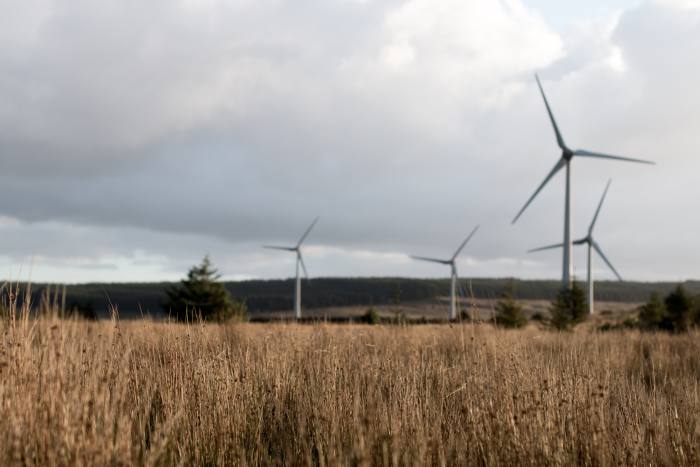
Investors looking for global environmental, social and governance opportunities could look towards China, according to veteran investment adviser Gavin Haynes.
Speaking as China has revealed plans to build a mega solar/wind farm in the Gobi desert to further combat climate change, the investment director and co-founder of Fairview Investing commented: “The fact that China is moving to renewables on such a large scale is a big development.
"In the same way that we've seen technology being the key investment theme of the past decade it feels that the the move toward decarbonisation will be a key multi-decade theme."
The farm in question has an expected capacity of 450 gigawatts.
Currently, these are only projections, but to put in perspective, the total capacity all renewable energy sources in Germany are 132.3 gigawatts, so the Chinese farm alone would have a 240 per cent higher output.
Additionally, the European Union has a total wind energy capacity of 220 gigawatts and solar energy is 165 gigawatts.
Global leader
China is the leader in installed capacity of wind turbines, even without the planned solar/wind farm. In 2020 China generated 273 gigawatts with just onshore wind turbines.
The US came in second place with 118gw, this was then followed by Germany (54gw). Out of the 10 largest manufacturers of onshore wind turbines (in terms of new installations), seven are from China.
Dr Geoffrey Chun-fung Chen, department head of China studies at the Xi'an Jiaotong-Liverpool University, commented: “In terms of manufacturing, domestic wind and solar power equipment manufacturers have rapidly built up their knowledge through using foreign-sourced technologies (e.g. licence agreement, joint development), seeking to catch up with the west in renewable technology upgrading.
"For instance, the leading wind turbine manufacturer Goldwind has been licensing technology from German firms, including Jacobs and Vensys.
"The gap in innovation capabilities between domestic manufacturing firms and foreign companies has been narrowed.”
However, Haynes said this drive towards renewables in China may not be so much based on ESG credentials but economic considerations, to which investors should pay heed.
Haynes said: "The problem for investors are similar to investing in technology [renewables] can become such a hot area, the valuations can be sky-high and future winners can become unpredictable.
"You have to be discerning if you are to invest in renewable. It's nice to think the Chinese are doing it because of climate change, but the greater reason is the increasing importance of energy security as we have seen from the Ukraine war."
Dr Chun-fung Chen seems to agree with Haynes: "I believe much of the country's state actions for renewables investment have been driven ‘more’ by economic imperative than an environmental one.





